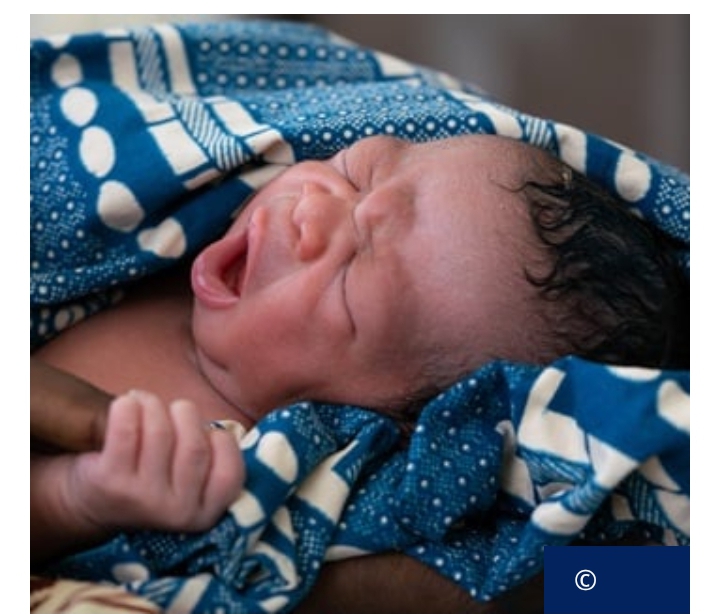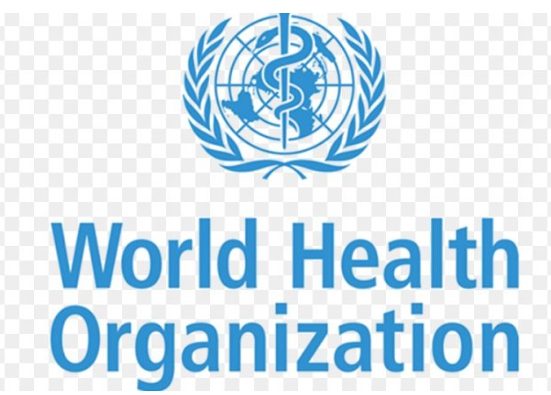The World Health Organisation (WHO) has raised alarm over the alarming rates of maternal and newborn deaths worldwide, revealing that about 300,000 women lose their lives each year due to pregnancy and childbirth complications. The report also highlighted that over two million babies die within their first month of life, while an additional two million are stillborn annually. These figures equate to one preventable death every seven seconds, according to the WHO.
In a statement released on World Health Day, celebrated on April 7, 2025, the global health agency stressed the urgent need for improved healthcare systems for women and newborns. It pointed out that, based on current trends, most countries are off-track in achieving key targets for maternal and newborn health. Specifically, four out of five nations are set to miss maternal survival targets by 2030, and one in three countries will fail to meet their goals for reducing newborn mortality.
The WHO’s findings are particularly concerning for low-income nations, where limited access to quality healthcare is a significant challenge. The global health body emphasized that improving maternal and newborn survival rates requires comprehensive healthcare services, including family planning, prenatal care, and the presence of skilled birth attendants during childbirth.
To address this dire situation, the WHO has launched a year-long global campaign under the theme ‘Healthy Beginnings, Hopeful Futures.’ The campaign, which runs throughout 2025, seeks to mobilize worldwide action to reduce preventable maternal and newborn deaths and promote the long-term health and well-being of women. It calls for a collective effort from governments, healthcare systems, and communities to ensure that women and babies have access to high-quality care at every stage of pregnancy, childbirth, and postnatal care.
The WHO underscored that health systems in many countries must undergo significant reform to better address the complex needs of maternal and newborn health. This includes not only obstetric care but also mental health services, non-communicable disease management, and comprehensive family planning services. Additionally, the campaign advocates for stronger policies and laws to support women and families during pregnancy and childbirth, ensuring that they receive the necessary support and care in all stages.
The WHO has also called for increased global awareness and investment in healthcare services that directly benefit women and babies. It stressed that every sector of society must take action to close the gaps in maternal and newborn health and provide better support for parents and families.
As the world marks this year’s World Health Day, the WHO has called for urgent global action to ensure that no woman or child is left behind, highlighting that it is not only a health issue but a matter of social and economic justice.



Leave feedback about this